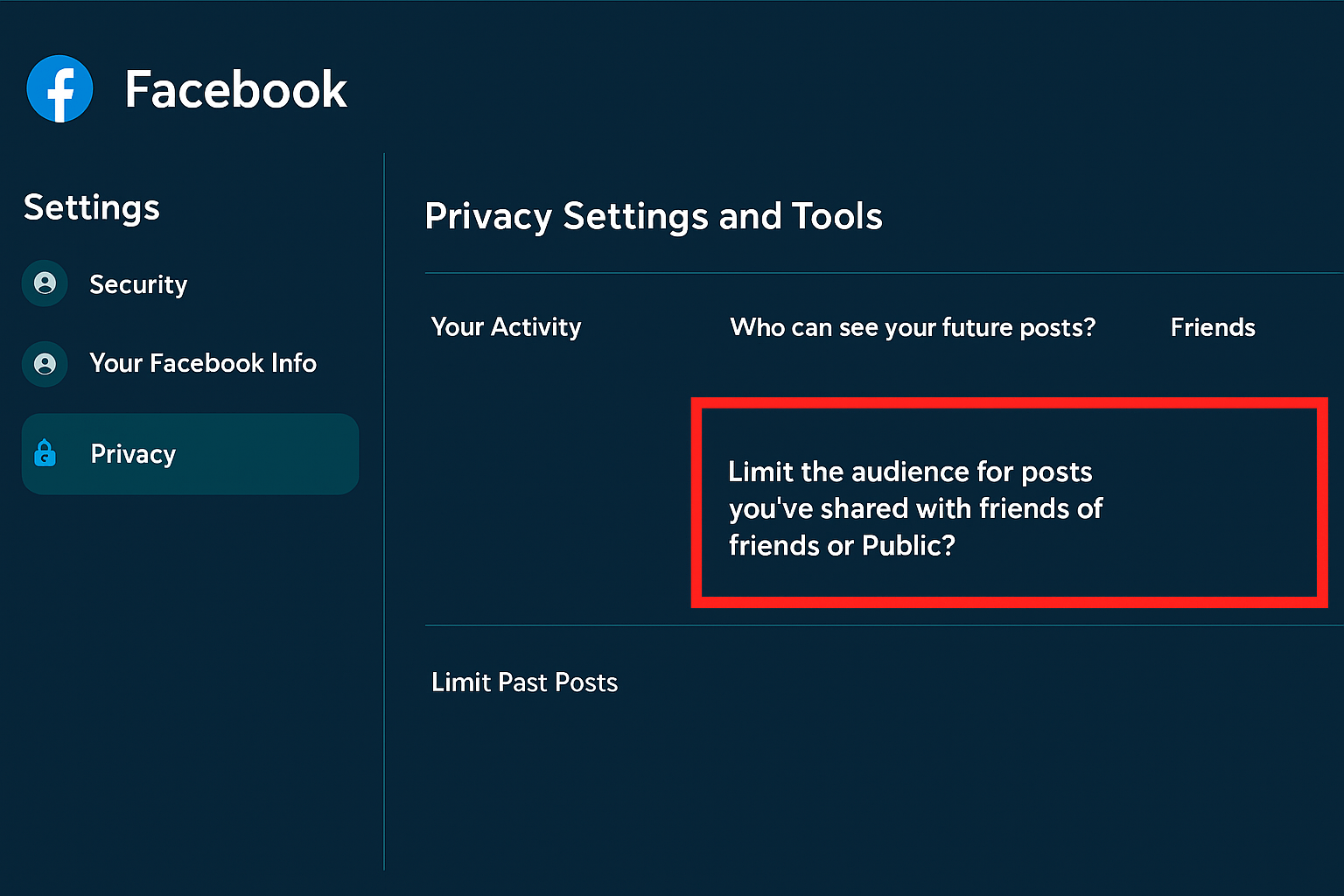|
Getting your Trinity Audio player ready... |
In a major regulatory move, the European Commission has issued a stark warning to Meta over the controversial Facebook privacy changes 2025, signaling a new era of digital accountability. Meta’s “pay-or-consent” strategy, which gives customers the option to either accept tracking-based advertising or pay a membership fee to opt out, is at the center of the controversy.
This two-tiered model, introduced in late 2024 for Facebook and Instagram users in the European Union, is now under serious legal scrutiny. Regulators argue that it likely violates the EU Digital Markets Act 2025, legislation designed to curb the market dominance of Big Tech and reinforce user privacy rights.
What Is the Facebook Pay-Or-Consent Model?
The Meta pay or consent model offers users a difficult choice—either surrender to data tracking or pay for an ad-free experience. While Meta claims this approach gives users control, critics argue that it forces low-income users to “pay with their data,” undermining the spirit of GDPR compliance 2025 and fair digital access.
Antitrust accusations that might result in fines equal to 5% of Meta’s daily worldwide turnover are being prepared by EU authorities. This potential Meta antitrust EU fine would mark one of the most aggressive privacy enforcement actions yet taken against a tech giant.
Impact on Facebook and Instagram Users in Europe

The two-tiered access arrangement will remain in place for European users as a result of the 2025 Facebook privacy revisions. But the pressure is mounting.
Regulators assert that Meta’s model still heavily relies on tracking and fails to provide genuine consent under the General Data Protection Regulation (GDPR). If found non-compliant, Meta may be forced to redesign its entire data policy framework across the EU.
Similarly, the Instagram subscription privacy changes which mirror Facebook’s system have raised questions about how much privacy users are really buying when they pay.
Global Ripple Effects of EU Digital Privacy Action
The EU Digital Markets Act 2025 doesn’t just affect Europe. Known for setting global standards a phenomenon dubbed the “Brussels Effect” the EU’s actions could influence privacy laws and platform policies in places like California, Canada, and India, where digital rights movements are gaining traction.
Moreover, these Facebook data privacy EU developments come amid growing public concern over how much control users have over their online information. With the rise of tracking blockers and privacy-first browsers, Meta is facing more pressure than ever to shift away from ad-driven revenue.
Meta’s Broader Privacy Challenges Around the World

The battle in Europe isn’t Meta’s only concern. Over 300,000 users in Australia were affected by the $50 million settlement that Meta just agreed to over the Cambridge Analytica issue. Meanwhile, Nigeria fined Meta $220 million in 2024 for alleged unlawful data-sharing practices.
Domestically, Meta has also reduced third-party fact-checking on Facebook, replacing it with a user-driven Community Notes system. Critics warn this shift could weaken moderation standards and worsen misinformation, especially around sensitive topics like immigration and LGBTQ+ rights.
What’s Next for Users and Meta?
As the legal challenges intensify, Meta’s choices are narrowing. It may be forced to offer ad-free versions at more accessible prices, improve transparency in how data is handled, or completely rethink its monetization strategy.
For users, the Facebook privacy changes 2025 are more than just a new setting they represent a turning point in how tech giants handle personal data. Whether you’re in Europe or elsewhere, understanding your digital rights has never been more important.
In the meantime, tools like privacy extensions, tracker blockers, and ad preference settings remain essential as we await further rulings.







